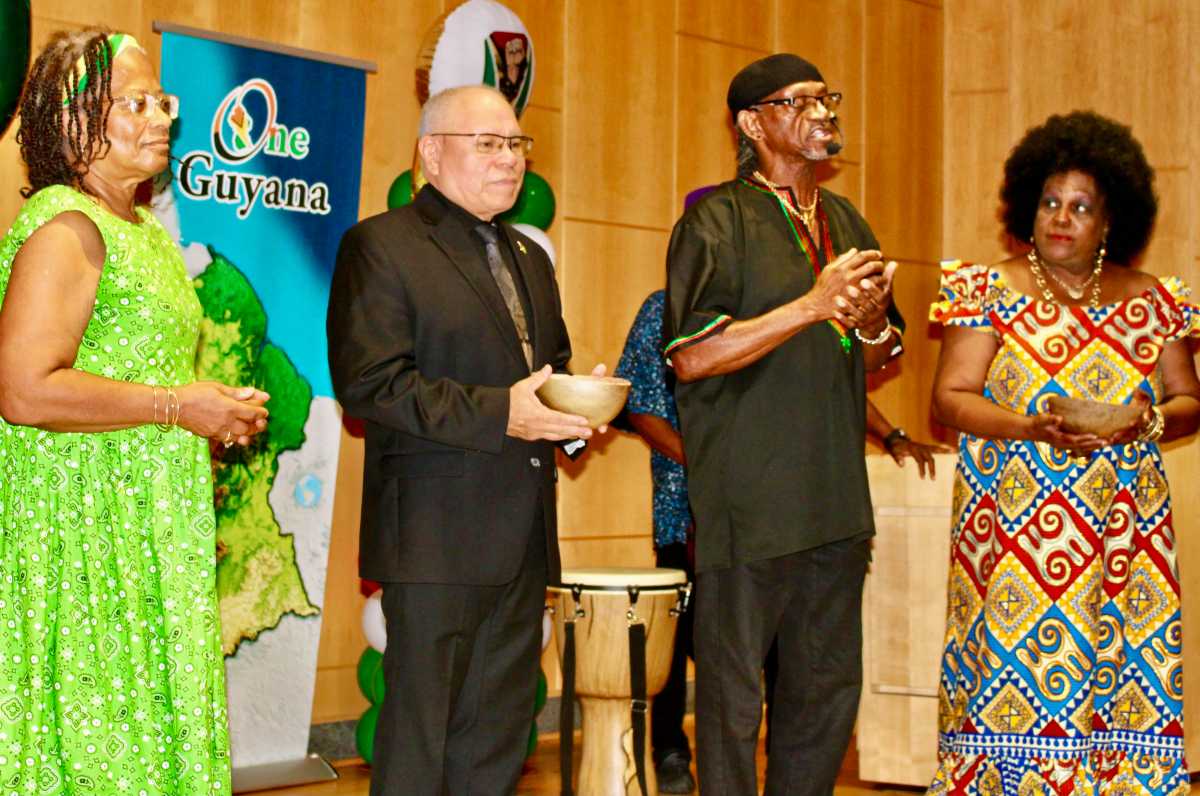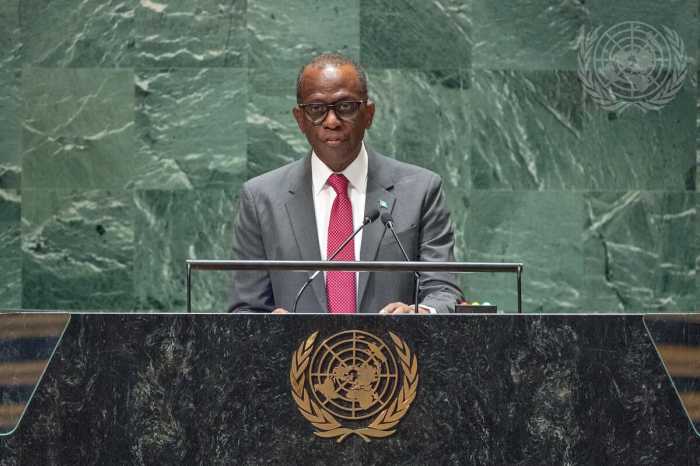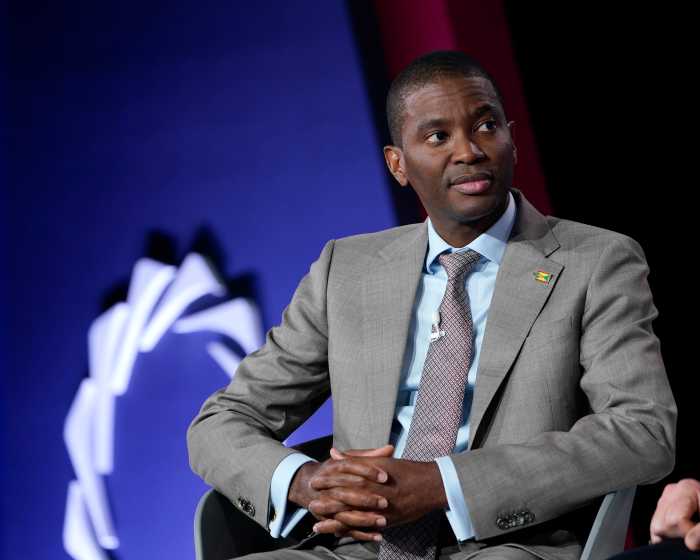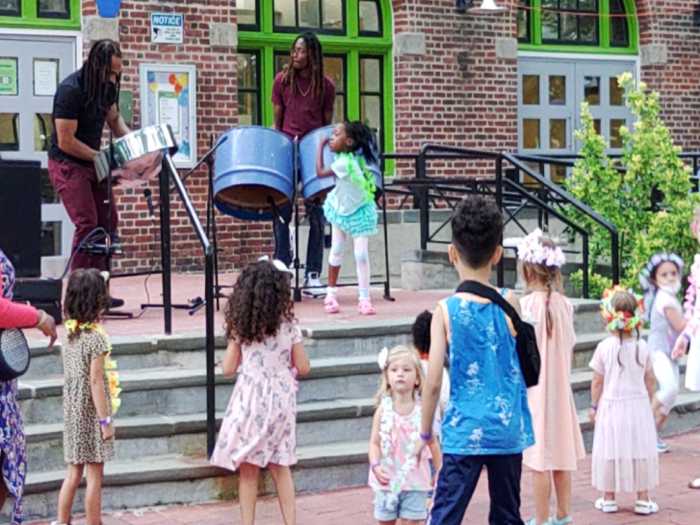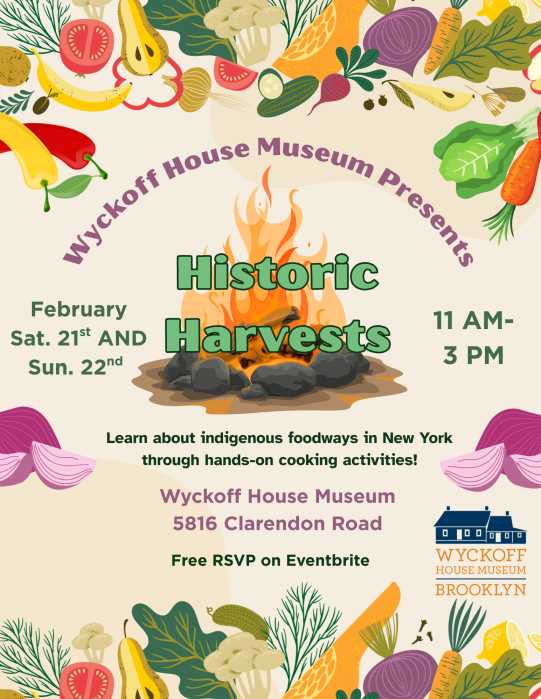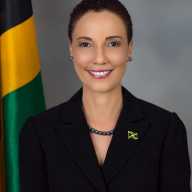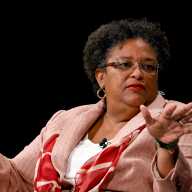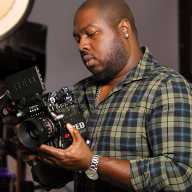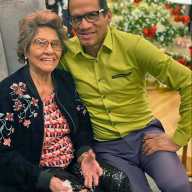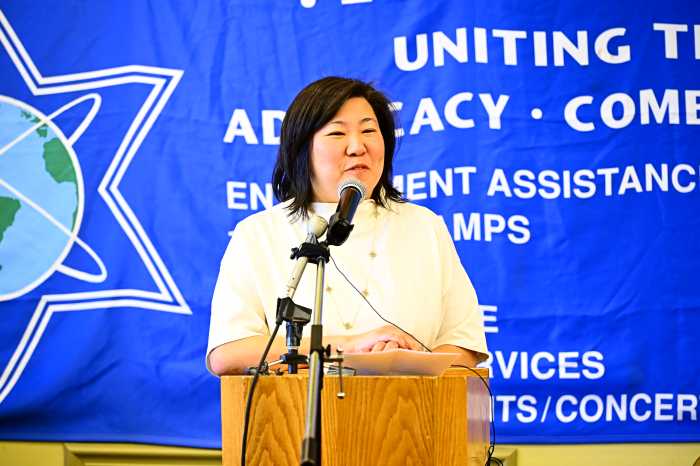African drumbeats, a libation ritual to pay tribute to the ancestors, and a moving choreography depicting elements of slavery were some of the highlights at a pulsating Emancipation Day observance on July 31. The Consulate General of Guyana to New York hosted the Freedom Day event in the Edison O. Jackson auditorium of Medgar Evers College in Brooklyn.
Consul General Michael E. Brotherson, during his remarks to a colorfully dressed cross-section of the diaspora, said, “Whether we are in Linden, New Amsterdam, Georgetown, or in the Diaspora, we celebrate Emancipation Day with drumming, dance, storytelling, traditional garments, and reflection — reminding us that the African legacy has not been restricted to the past. It lives in our voices, our creativity, and our pursuit of prosperity.”
The diplomat hailed the bravery of the Berbice uprising of 1763, led by Cuffy, a fearless enslaved African who symbolized Guyana’s anti-colonial resistance.”
“Though the rebellion was eventually suppressed, it kindled a movement that could not be forgotten. Cuffy’s spirit endures as a national hero, with his name carved into the soul of our nation,” he said.
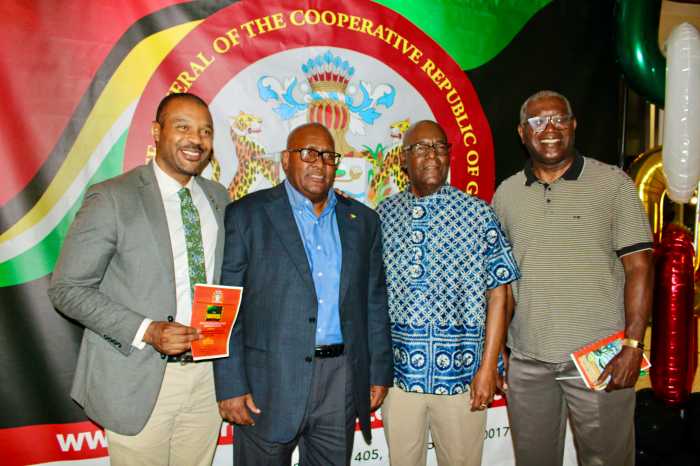
“What Cuffy did was one important manifestation of the inherent objection and resistance to slavery that ran through the veins of the enslaved, and this resistance in its many forms was witnessed thereafter in our country, then ‘British Guiana’, and many other parts of the British Caribbean, as history has recorded.”
“We cannot forget the significance of the Abolition of Slavery Act passed on Aug. 28, 1833, a key legislative milestone that laid the groundwork for the eventual freedom of enslaved Africans across the British Empire.
“Emancipation Day must always be seen as being much more than a historical marker. Instead, Emancipation Day must be seen and observed as a cultural celebration of strength, resistance, and pride.
“The values passed down by our African ancestors — their rhythms, languages, foods, customs, spiritual practices, and sense of community — have helped shape the Afro-Guyanese identity and the wider Guyanese nation. Some of these defining characteristics are evident, depicted, and provided here today.”
The diplomat, who noted that he was deeply delighted and honored to address nationals on behalf of the Government and people of Guyana, applauded the Administration, he said, “is extremely mindful of these realities and continues to embrace and support cultural diversity and inclusion, through appropriate policies and programs.”
“As such, Afro-Guyanese are recognized and respected for their contributions and have remained strong and enduring pillars in Guyana’s progress. Whether in agriculture, mining, business, or education, the Afro-Guyanese role is vital in our society.”
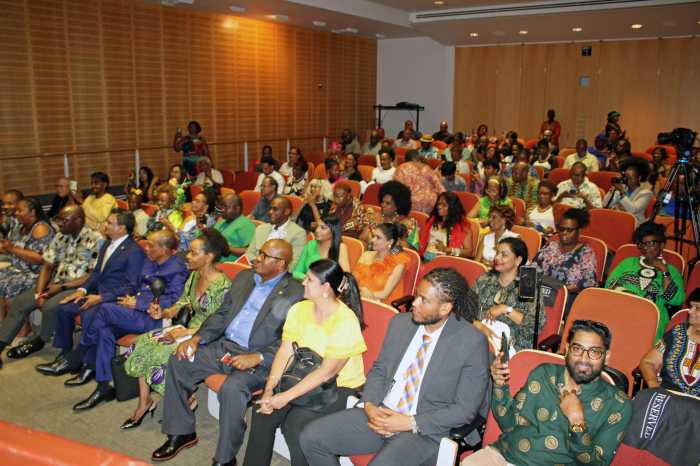
CG Brotherson is confident that the One Guyana Initiative is one such policy that aims to ensure equality, freedom, and prosperity of all ethnic groups in Guyana, rooted in the principles of inclusion, justice, and shared prosperity.
“Through this initiative, we reaffirm that the true spirit of emancipation lies not just in remembering the past, but in shaping a future defined by unity, equity, and opportunity for all.”
“Our invaluable Guyanese diaspora, your role in preserving our heritage and projecting it globally is invaluable. Whether through cultural promotion, investment, advocacy, or simply maintaining a deep connection to home, you continue to extend the story of Guyana into every corner of the world. I encourage you to remain engaged with Guyana’s development through mentorship, business, innovation, and cultural diplomacy,” said CG.
Extending a warm welcome to expats, Permanent Representative to the UN Ambassador Carolyn Rodrigues Birkett spoke of Emancipation being a time for celebration and reflection. “I will be missing the vibrant colors of African fashion, the delicious foods, the art displays, and so much more that will take place back home in Guyana,” she quipped.
She paid tribute to African Guyanese ancestors, and all others where slavery was perpetrated. “No other people suffered this crime against humanity, for this length of time – over 400 years, and in such great numbers, more than 12 million. But while the colonial project, with slavery at its core, ripped our African ancestors from their homeland, decimated their culture, including brutal policies to erase their languages, their songs, and their practices, the colonists and slave masters could never take away the will of our African ancestors to live in freedom.”
“My African Guyanese sisters and brothers here and back home in Guyana, I see you all as the collective embodiment of our African ancestors’ strength, determination, and resilience. Feel free to contribute to the development of our country at home and in the diaspora. It is a celebration for all Guyanese.”
“Honoring the struggles, sacrifices, and contributions of our ancestors is not a one-day affair. It is reflected in what we do every day. This is why the Government of Guyana is working to build a nation underpinned by the principles of democracy, equality, and inclusion. We are also vociferous in our calls, together with all CARICOM countries, to address the historical injustice of slavery, through reparations,” said the diplomat.
Former Chancellor of the University of Guyana, Professor Edward Greene, said it is humbling that “this event is occurring exactly a month after the commemoration of the centennial of the death of Medgar Evers and his call to action, and in the profound thoughts that ‘Freedom has never been free.”
The guest speaker noted that Evers’ life, activism, and the ongoing relevance of his legacy for contemporary social movements mirror issues in Caribbean politics and diplomacy linked to the emancipation experience.
“Emancipation Day is more than a historical milestone; it is a call to action. It marks the 1834 abolition of slavery in the British Empire and the 1838 abolition of apprenticeship. This system forced formerly enslaved people to continue to work uncompensated for their former masters.”
“The Slavery Abolition Act, which banned slavery in the British colonies, followed a shift in the British Empire’s economic interests and sustained resistance by enslaved people through massive slave revolts, like Bussa’s Rebellion in Barbados, the guerrilla warfare, as in the case of Jamaica’s Maroons said Professor Greene.
Culture, legacy, and freedom reigned with artistry, beginning with a libation ritual by Master Drummers Winston “Jeggae” Hoppie and Lady Ira Lewis. Later, Hoppie revved up nationals with a medley of folk songs.
This was followed by a passionate rendition of Drums of Africa and African Breed by renowned poet James Richmond. His powerful words echoed in the auditorium and captured the audience’s attention. Master Drums of Akoyaw Rudder accompanied him.
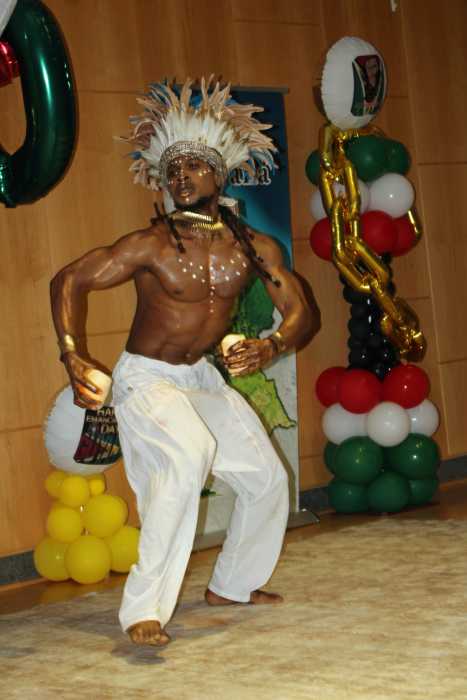
The Dance of Life Beyond Light, a breathtaking choreography by expressive dancer Jermain Victor, garnered loud applause, while young poet Xytara Astaphan’s Reflection summed up the meaning of Emancipation.
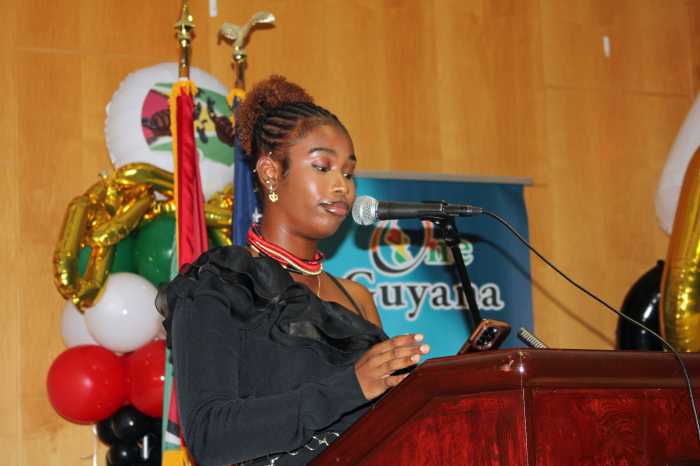
The melodious voice of Jevanah LaRose rang out with the anthem “Freedom,” which resonated with the celebration felt throughout the evening’s presentation, which was attended by Senator Jabari Brisport and Judge Wendy Li.
Advisor Investment & Diaspora Affairs in the Consulate, Fazal’ Joe’ Yussuf, delivered a heartfelt vote of thanks, while emcee First Secretary, Guyana Mission to the UN, Royston Alkins, and the Consulate staff received resounding praise.


